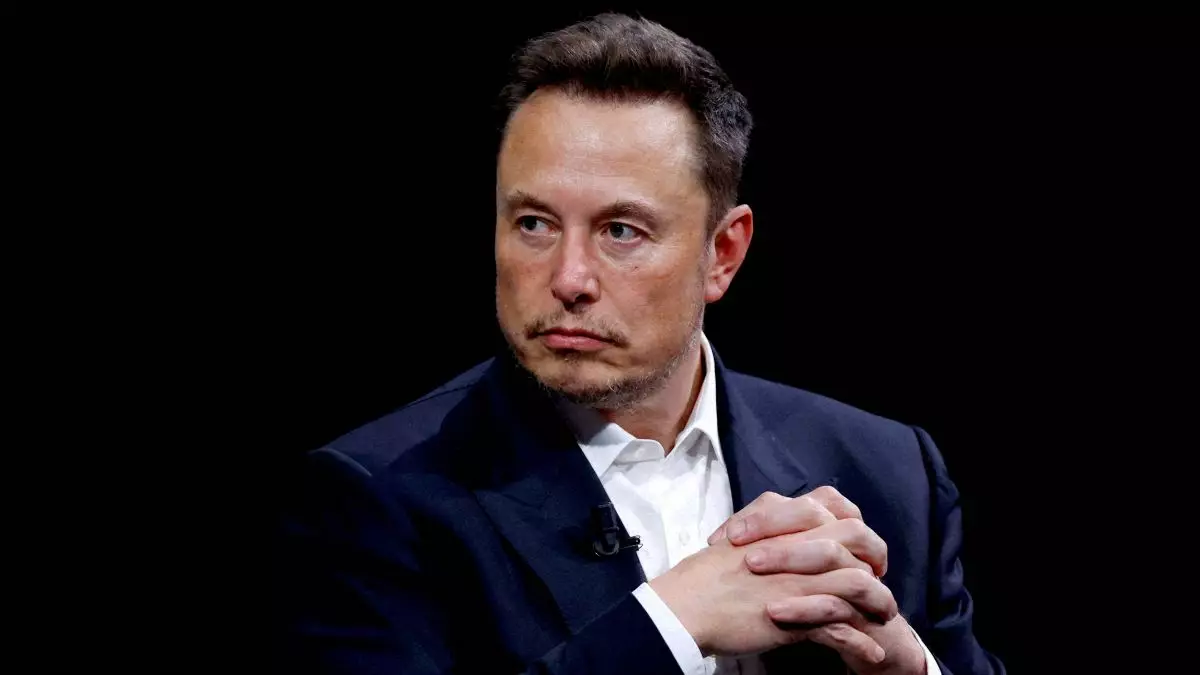The ongoing conflict between Elon Musk and the U.S. Securities and Exchange Commission (SEC) represents one of the most intriguing intersections of business, law, and media spectacle in recent history. Musk, an influential figure in industries ranging from automotive to aerospace, finds himself under scrutiny for alleged securities law violations concerning his acquisition of Twitter. The SEC’s recent move to impose sanctions due to Musk’s failure to appear for a court-ordered testimony underscores the high stakes involved in this legal debacle. This article provides a comprehensive analysis of the implications of this confrontation, the personalities involved, and the broader impact on corporate governance.
At the heart of the SEC’s scrutiny is Musk’s delayed disclosure regarding his stock purchases in Twitter. Under the SEC’s regulations, shareholders must disclose when they attain a 5% interest in a public company. Musk’s initial buy-in of 9.2% was disclosed late, prompting concerns from regulators and investors alike. Critics argue that his tardy disclosure deprived the market of vital information, ultimately leading to unfair advantages for other investors and potentially impacting Twitter’s stock price.
The SEC’s investigation, which began in early 2022, hinges on whether Musk actively circumvented these regulations out of negligence or malicious intent. When the SEC filed its sanctions motion, citing Musk’s failure to testify as agreed, it illustrated a fervent desire to compel compliance from influential figures who might otherwise evade accountability.
In response to the SEC’s allegations, Musk’s legal representative characterized the proposed sanctions as excessive and unjust. Alex Spiro, Musk’s attorney, argued that the entrepreneur’s absence from the scheduled testimony in September was a consequence of an unavoidable emergency related to the launch of SpaceX’s Polaris Dawn mission. According to Spiro, the consequences of Musk being absent during such a delicate operation could have posed real dangers, especially considering the safety of astronauts involved.
Furthermore, Spiro emphasized that the testimony has been rescheduled and there’s no reason to suspect that similar emergencies would surface again. Yet the SEC remains skeptical, indicating that Musk’s maneuvers might reflect a pattern of delaying tactics. This raises pertinent questions about the nature of accountability for high-profile executives and whether they can strategically navigate legal obligations.
The unfolding saga has broader ramifications for corporate governance and regulatory oversight in the United States. Elon Musk, renowned for his boundary-pushing ventures and outspoken nature, is also emblematic of a larger narrative involving influential business leaders challenging regulatory frameworks designed to ensure transparency and fairness in the marketplace.
The SEC’s actions may serve not just as a rebuke of Musk’s behavior but as a precedent for how regulatory bodies might address other high-profile cases in the future. If successful, the SEC could set a standard for compliance that emphasizes the importance of timely disclosures, particularly in the age of rapid information dissemination, where real-time public sentiment can be significantly impacted by even slight delays in regulatory disclosures.
Musk’s ongoing exchanges with the SEC highlight a continual tug-of-war between innovation and regulation—a scenario all too familiar in today’s business ecosystem, where the boundaries of legality often seem blurry against the backdrop of rapid technological advancement. If certain executives start viewing legal regulations as mere suggestions rather than enforceable laws, it could lead to far-reaching consequences that undermine the integrity of the financial markets.
The SEC’s pursuit of sanctions against Elon Musk is emblematic of the ongoing challenges faced by regulatory bodies in overseeing powerful individuals who operate at the converging intersections of technology, finance, and personal brand. As the October 3 testimony approaches, the outcomes of this confrontation will not only determine Musk’s immediate legal obligations but could set in motion new narratives regarding corporate accountability and transparency in America. The stakes are undeniably high, and the implications of this legal battle will resonate far beyond the courtroom, impacting future interactions between corporate leaders and regulatory institutions.


Leave a Reply